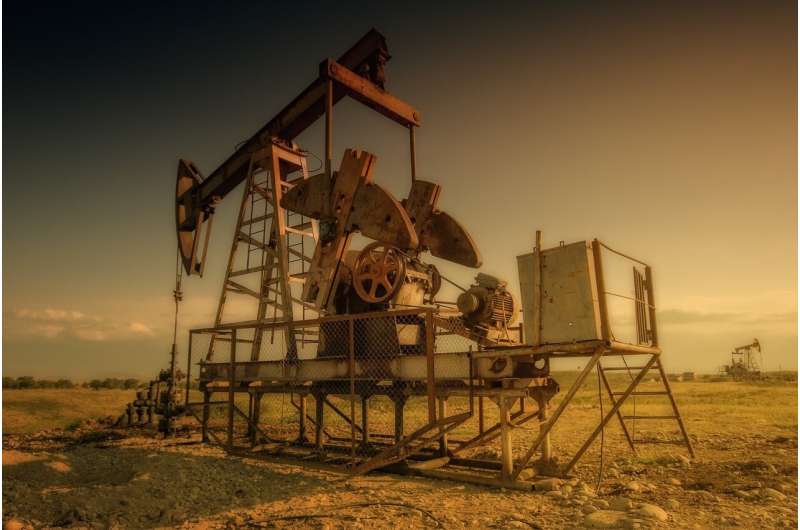#Study aims to help governments maximize profits from oil and gas auctions

“#Study aims to help governments maximize profits from oil and gas auctions”

Federal and state governments auction leases to oil and gas companies to extract natural resources from public land. A revamp of the auction system—utilizing a new model developed by a Rice University economist—could lead to more competitive bids and, ultimately, more money for governments.
Yunmi Kong, an assistant professor of economics at Rice and the study’s author, discussed her model in “Sequential Auctions with Synergy and Affiliation Across Auctions.” The article appeared in the January 2021 edition of the Journal of Political Economy.
“Much of the oil- and gas-producing land in the U.S. is on state or federal property,” Kong said. “And there’s a lot of interest from oversight organizations in how the government utilizes and makes money from these resources. My desire to make this process more efficient is what led to the development of this model.”
Kong’s model evaluates the synergy of oil and gas properties going up for auction, or the degree to which the parcels of land complement one another.
Parcels located next to each other that could utilize the same workers and equipment, for example, have greater synergy than properties that are not. Knowing the synergy of these properties, Kong said, can help governments decide if it’s more advantageous to package them or auction them separately.
“Bundling property guarantees that whatever synergy there is between two pieces of land can be realized,” Kong said. “If these pieces of land are leased separately, firms might be afraid of winning one property but not getting the complementary property. This means they wouldn’t get the full value of both properties, and this might lead them to not bid as aggressively.”
Properties with less synergy that are packaged together may be less attractive for bidders.
“Bundling properties gives up the flexibility of allocating these items to different bidders, especially if there’s a bidder who values one property very highly but a second property not as much,” Kong said. “This is a definite downside to bundling, because you’re forcing one bidder to take all of the properties when it might be more profitable to auction each piece of land separately.”
Auction bids decline with intensity of competition: new research
Yunmi Kong. Sequential Auctions with Synergy and Affiliation across Auctions, Journal of Political Economy (2020). DOI: 10.1086/711402
Citation:
Study aims to help governments maximize profits from oil and gas auctions (2021, March 4)
retrieved 4 March 2021
from https://phys.org/news/2021-03-aims-maximize-profits-oil-gas.html
This document is subject to copyright. Apart from any fair dealing for the purpose of private study or research, no
part may be reproduced without the written permission. The content is provided for information purposes only.
If you liked the article, do not forget to share it with your friends. Follow us on Google News too, click on the star and choose us from your favorites.
For forums sites go to Forum.BuradaBiliyorum.Com
If you want to read more Like this articles, you can visit our Science category.




